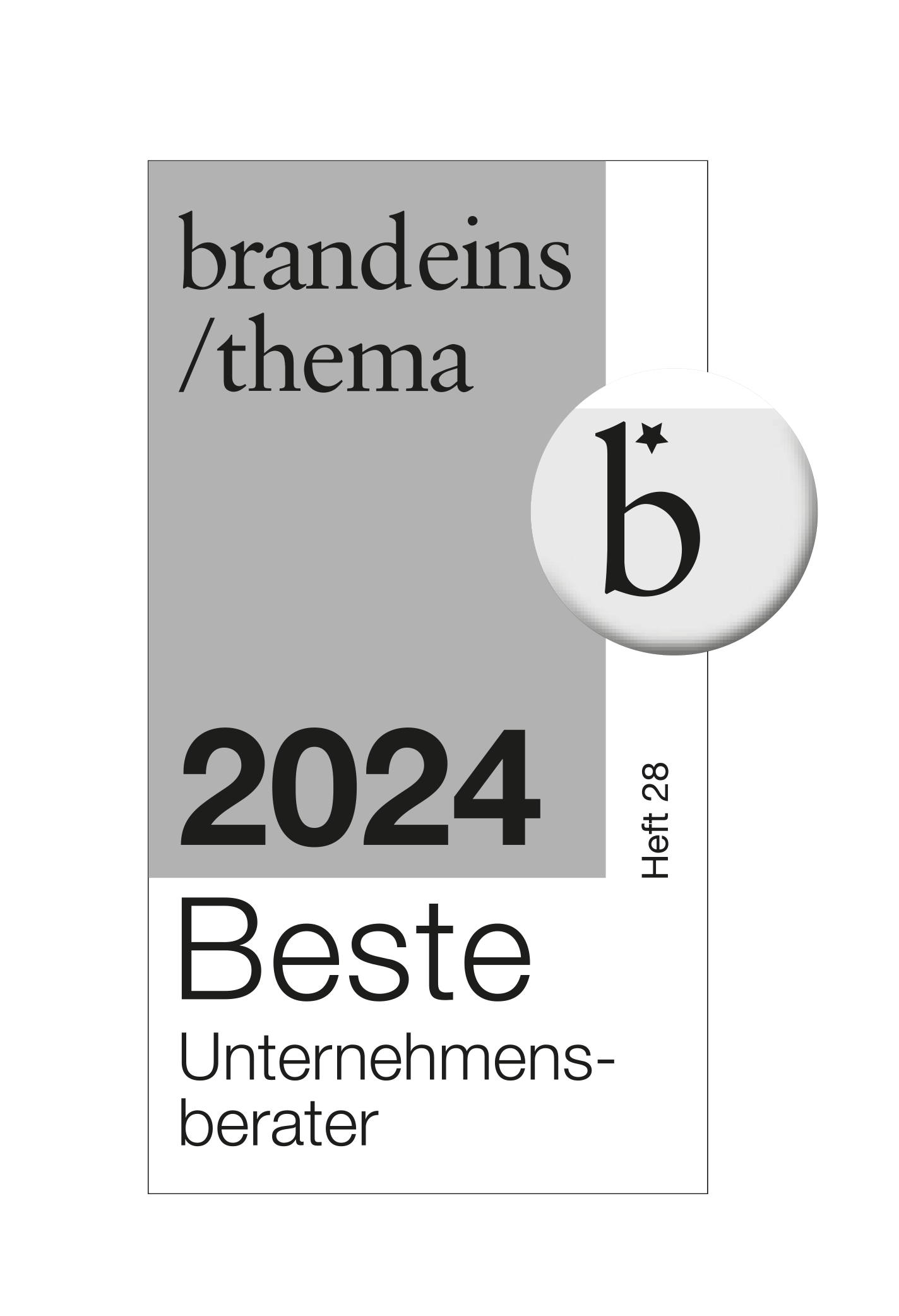Since the German E-Government Act was passed, public authorities have been faced with the task of making services available online for citizens and companies. But the real challenge consists not in offering clients new user interfaces but in integrating the transactions initiated through them into existing workflows. This at the same time gives rise to new opportunities for the public authorities:
- They can present themselves as progressive service providers.
- They can save costs by outsourcing activities to the client.
- Data quality can be increased by avoiding media disruptions and directly transferring electronically collected data to back-office business processes.
This, however, requires integration of the e-government services into the business processes and application landscape. To enable clients to use multi-channel services and, for example, submit an application online and inquire as to its status by telephone, it is mandatory to make the services available across channels. To do this, the various input channels must be based on the same functional logic and data storage. To optimize the efficiency of application processing, it is necessary to have business transactions settled by a fully or partially automated process running in the background with no further help from an administrator. In addition, the efficient integration of e-government services into the application landscape requires separating the sequencing of the processes from the business services.
We assist you in integrating and optimizing your e-government services with comprehensive solutions:
We analyze your business processes and, based on that analysis, determine where there is potential for optimization and where there are possibilities for automation.
Get in touch

Werner Achtert
Head of Public Sector
[icon phone] +49 69 580045 1222
[icon envelope-o] werner.achtert@msg.group


